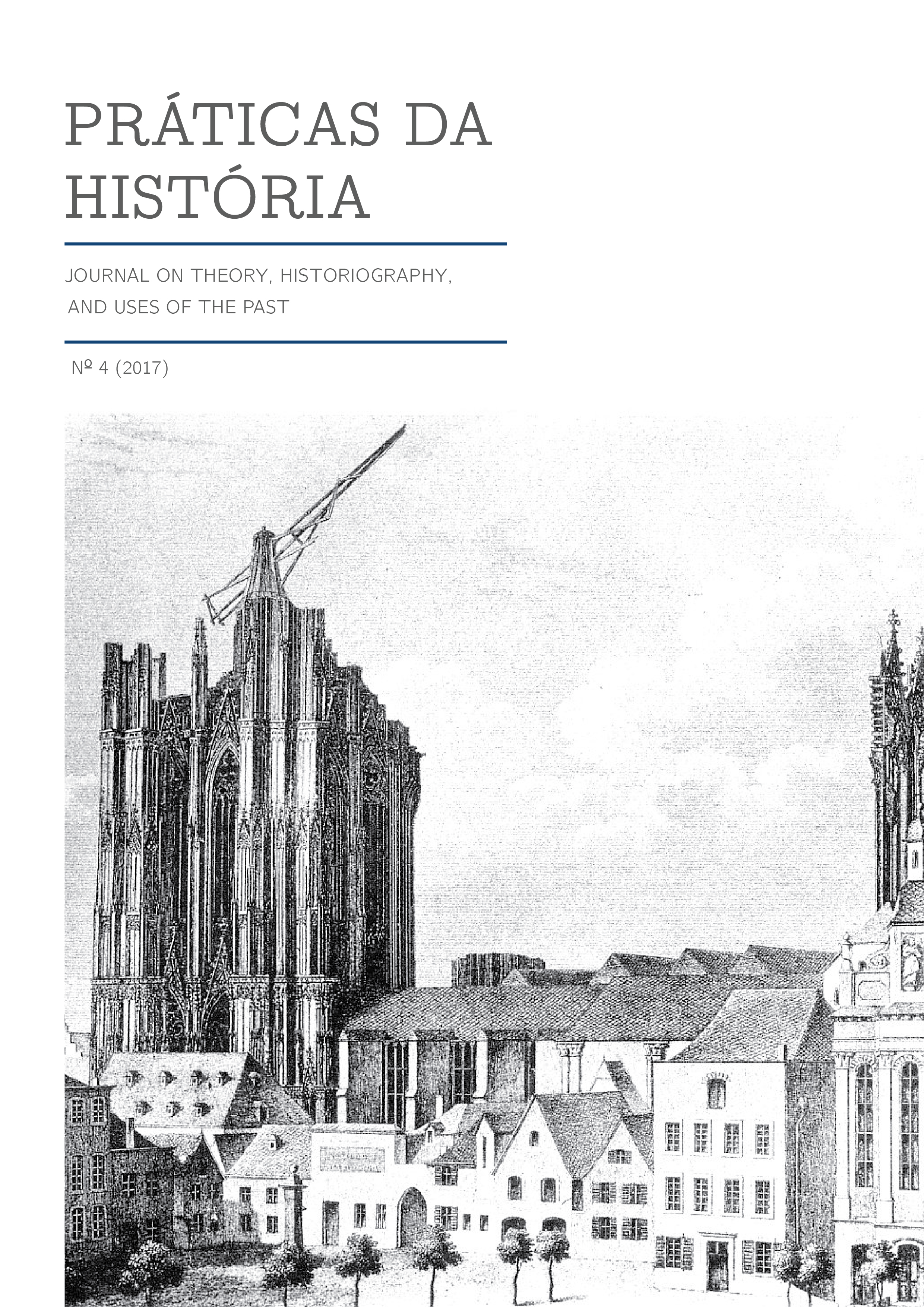Nation and empire: Agostinho da Silva and the Holy Ghost festas
DOI:
https://doi.org/10.48487/pdh.2017.n4.22982Keywords:
National identity, National identity, Holy Ghost festas, Holy Ghost festas, popular culture, popular culture, empire, empireAbstract
The Portuguese philosopher Agostinho da Silva is the author of a diversified and singular body of work. One of the central aspectsof his thought is related to his prophetic interpretation of Holy Ghost festas as a defining trait of Portuguese culture. This paper examines Agostinho da Silva’s “Holy Ghost theory”. It demons- trates how it is structured around topics such as medievalism and providentialism, which have been important on elite discourses on Portuguese national identity. It also shows how his “Holy Ghost theory” relies upon the central role given to folk culture and to the Portuguese empire in the thematization of the nation. Finally, it relates Agostinho da Silva’s interpretation of the festas to the role that “myths of ethnic election” and feelings of national ressentiment associated with the critique of modernity, play in nation-building discourses.



